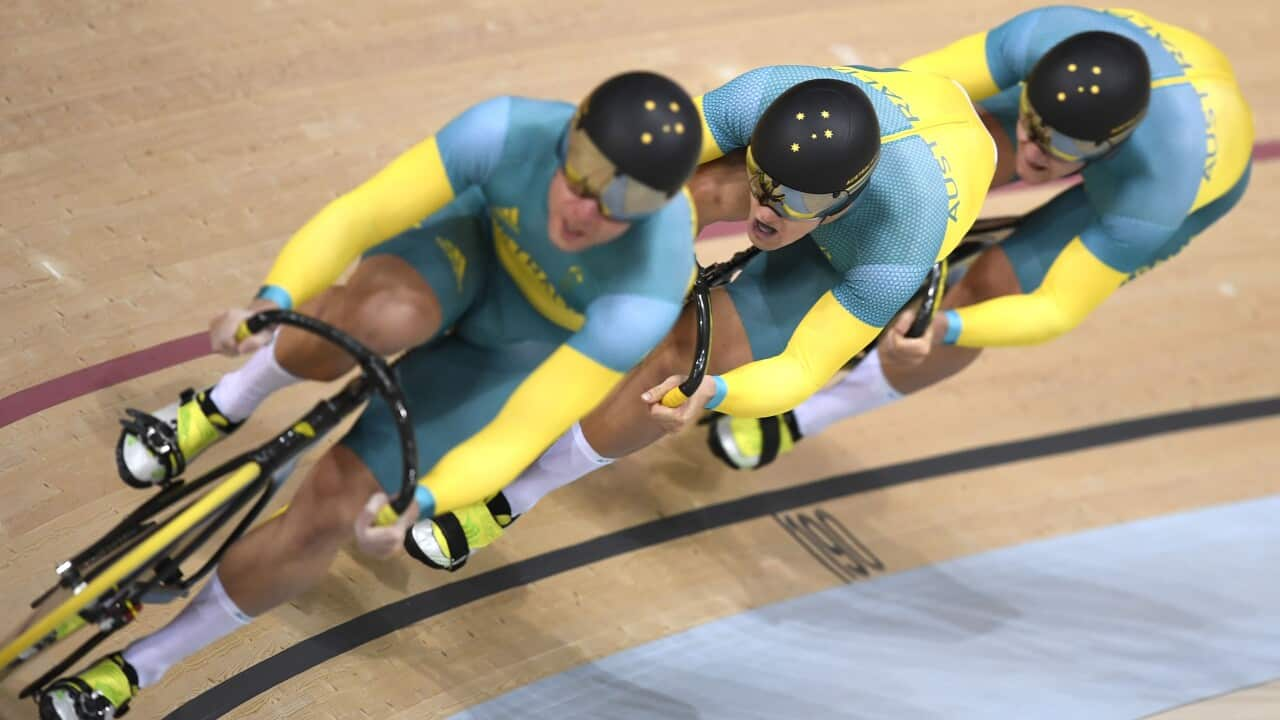Despite the world sporting oligarchy declaring on Monday (AEDT) it would hold off making a decision for four weeks, the official postponement was made overnight in the face of mounting global pressure from various stakeholders, including the Australian Olympic Committee who announced on Monday it would not send its athletes if the Tokyo 2020 went ahead as scheduled.
The July 24-Aug. 9 event will be rescheduled for the summer of 2021 at the latest, as proof of victory over the coronavirus, the IOC and Tokyo 2020 organisers said in a joint statement, after an agreement between Bach and Abe.
Bach said on Wednesday morning (AEDT) he and Japanese Prime Minister Shinzo Abe did not discuss the cost of postponing the Tokyo 2020 Olympic Games to 2021 due to the coronavirus as it is a matter of saving lives.
“This is about protecting lives,” Bach told a conference call after his call with Abe triggered the first postponement of the Olympic Games in their 124-year history.
The precise dates for the new Games have not yet been determined, Bach said. “About two hours after my phone call I cannot give you a definite answer.
“These are the reasons why we had decided we need at least four weeks to assess all these questions... These are not the only ones,” Bach added on a phone call with journalists.
Mounting opposition from athletes and teams over participating in Tokyo this year due to huge problems preparing themselves - not to mention issues around out of competition anti-doping testing - also piled more pressure on the IOC.
Bach said alarming figures about the spread of the virus in recent days had left little choice in the matter.
“We agreed given these circumstances that the Games must be rescheduled to a later date beyond 2020 but not later than summer 2021,” he said.
The IOC and organisers are now faced with a massive undertaking of rescheduling the Games that has a multitude of moving parts with 33 sports involved and an additional price tag to the $12 billion already spent by Tokyo for the Olympics.
Bach said the IOC’s coordination commission had already started work on this project and it would work towards determining new dates.
The coronavirus outbreak has raged around the world since early this year, infecting nearly 380,000 people and wrecking sports events like the European football championships, Formula One motor racing and various major cycling races.
Despite their disappointment and the logistical headaches and financial losses involved, a poll in Japan indicated about 70 per cent agreed with the delay.
Riders react to 2020 Tokyo Olympics postponement
A host of riders from various disciplines flocked immediately to social media and team statements to post their reactions to the news.
2016 men's Olympic road race gold medallist, Belgian Greg Van Avermaet said he was obviously disappointed but had his eyes on the bigger picture.
"I completely support the decision as it is clear at a time like this that health and safety are the biggest priority," he said.
"And it wouldn’t have been possible to safely stage an event like the Olympic Games with thousands of people coming from all over the world."
Women's Olympic road race champion Anna van der Breggen echoed his sentiments adding "nothing is as it used to be, but we can make it beautiful again."
One of van der Breggen's major rivals Australian Amanda Spratt also posted her reaction.
A major goal of Italian Vincenzo Nibali's 2020 season, the shark of Messina all but embraced the news in one of the wisest reactions to the announcement, a sober reminder of his home nation's horrific battle against the coronavirus outbreak.
"The postponement of a year does not change my aspirations and, from now on, I can say that I will plan my preparation to arrive at the event in the best possible condition.
"The Olympic Committee made the right choice. The world now needs to focus its efforts on fighting the emergency."
Other Australian cycling Olympians reacted yesterday in the wake of AOC's announcement on Monday including Caroline Buchanan and trackie Annette Edmondson.




